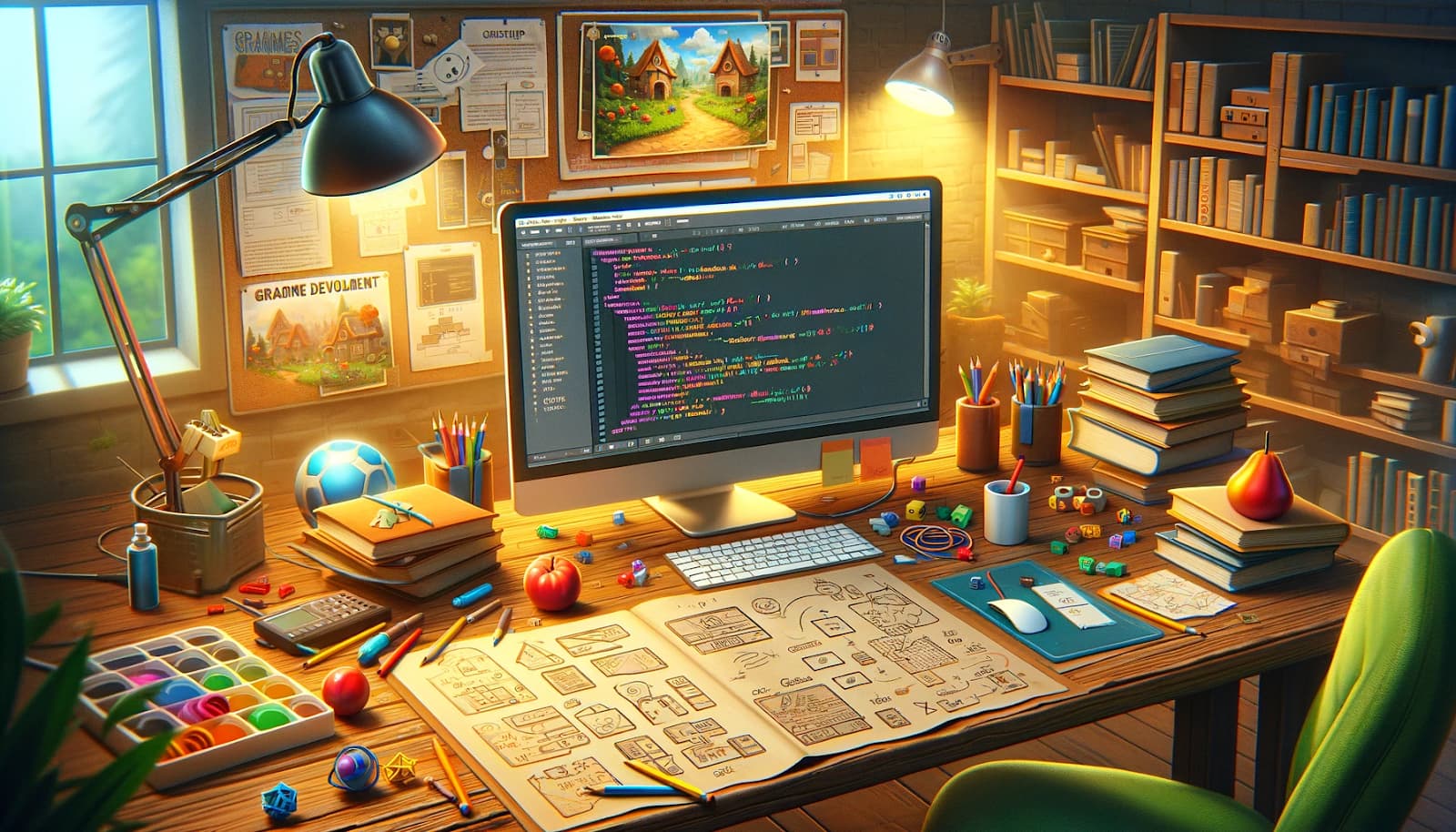The range of games that you can meet on the web is amazing and not inferior to the “native” games implemented using the programming language c++ and java. And it relates not only to relatively small games, but also volume RPG games, 3d shooters and many other things. This is no longer analogous to simple card games or multiplayer social games implemented with Flash ®, but much more complex things. Thanks to significant improvements to the JavaScript programming language and new browser APIs, you can create games that don’t rely on your operating system. All you need is a browser to make them work. And sometimes, on HTML5-enabled devices such as Firefox OS, you don’t even need one.
As a game developer, whether you’re an individual or a large game studio, you want to know why it makes sense to target the Web with your game project. Let’s take a look at how the Web can help you.
- The reach of the Web is huge; it’s everywhere. Games built on HTML5 work on smartphones, tablets, PCs and smart TVs.
- Marketing and openness are improving. You’re not limited to promoting your app on someone else’s app store. Instead, you can advertise and promote your game all over the Internet as well as in other media, taking advantage of the inherent connectivity and accessibility to new customers.
- You have controls where it matters: Payments. You shouldn’t give 30% of your revenue to someone else just because your game is in their ecosystem. Instead, charge what you want and use whatever payment processing service you like.
- Again, with more control, you can upgrade your game whenever you want. Don’t wait, holding your breath, for approval while someone hides inside another.
- Control your analytics! Instead of relying on someone else to decide what analytics you need, you can gather your own-or choose the third party you like best-to gather information about your sales and the reach of your game.
- You can manage your customer relationships more closely, in your own way. No longer have to work with app store feedback. Interact with your customers the way you want to, without an intermediary.
- Your players can play your game anywhere, anytime. Because the Web is ubiquitous, your customers can check the status of their game on their phones, tablets, home laptops, desktops, or anything else.



